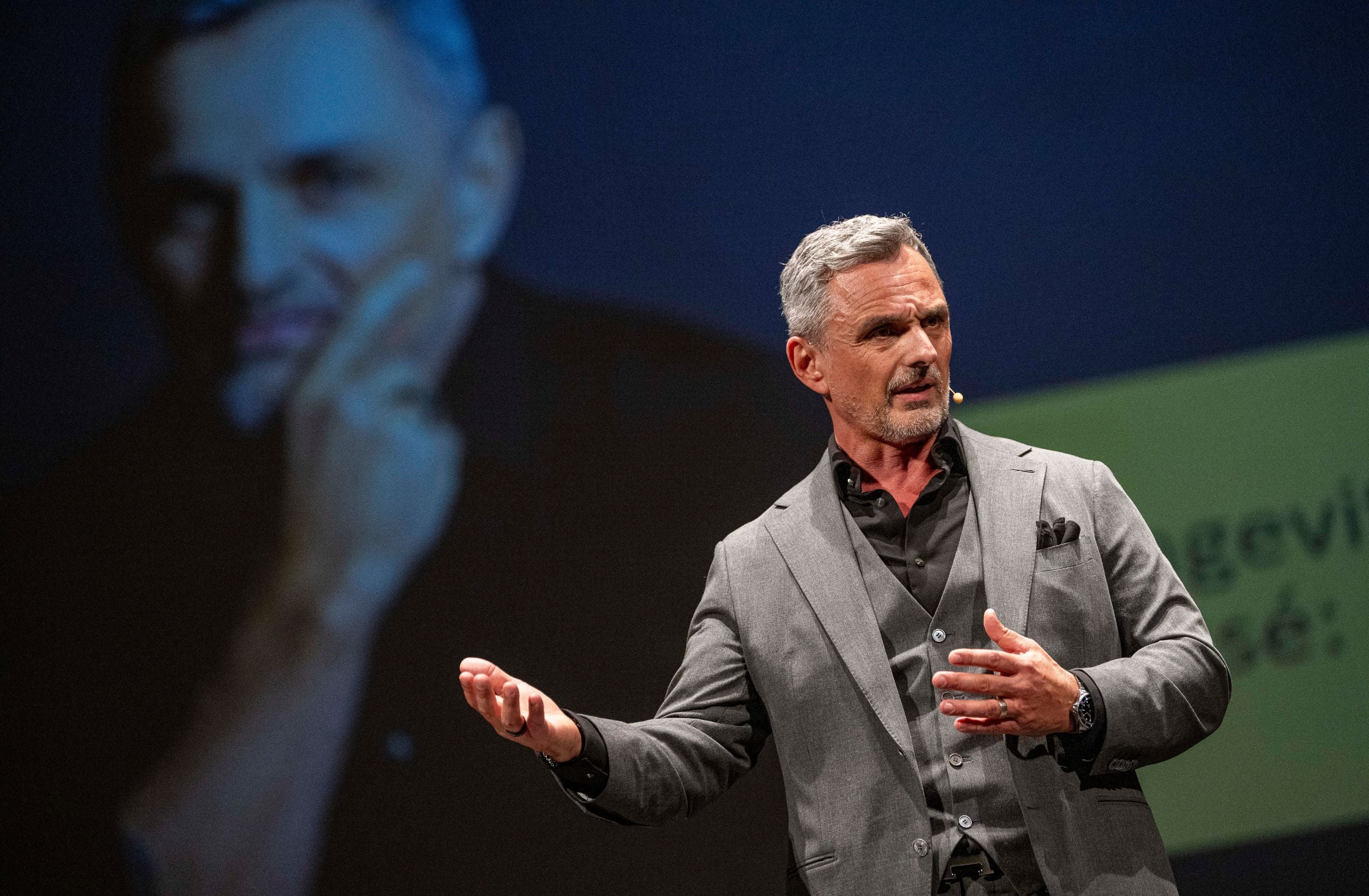
FILIPPO ONGARO
Ask yourself: What can I do—tiny little changes—to improve my life? Not only because these changes might be good for you in the future, helping you live a little longer or reduce your risk of many diseases, but because you are going to feel better today.

Dr. Filippo Ongaro, MD, is a lifestyle and longevity expert who previously worked as a flight surgeon for the European Space Agency (ESA), collaborating with NASA and the Russian Space Agency. He specialised in longevity by developing countermeasure programmes to help astronauts stay healthy in the absence of gravity, where six months in space can cause muscle and bone loss equivalent to 10 years of ageing on Earth. As the first Italian doctor certified in anti-ageing and functional medicine in the USA, Dr. Ongaro now uses his expertise to coach individuals, helping them improve their health and well-being through personalised lifestyle strategies.
Could you explain what your role was as a doctor for astronauts?
I worked as a flight surgeon, a doctor assigned to crew members. My role involved preparing astronauts physically before the flight, monitoring changes during the mission, and helping with rehabilitation after they returned. The work focused on physical training, stress management, nutrition, and supplementation. One key aspect was the countermeasure programme, designed to help astronauts stay healthy in the absence of gravity. Without it, six months in space could cause the same muscle and bone loss as 10 years of ageing on Earth. This research has been crucial in understanding the role of muscle in ageing and its wider effects on health. When not assigned to a mission, I was involved in research programmes and exploring new ways to support astronauts' health.
Could you define functional medicine and anti-ageing medicine?
Functional medicine is an integrative, Western approach to holistic health, focusing on the whole person rather than isolated parts. It's highly scientific, aimed at maintaining health and function, even for those with chronic diseases. While critical care has advanced greatly, prevention and chronic disease management haven’t progressed as much. Functional medicine fills this gap by focusing on health preservation.
Anti-ageing medicine is closely related but focuses specifically on preventing ageing. However, the term 'longevity medicine' is now preferred. The goal is to age gracefully and maintain functional capacity instead of being overwhelmed by the ageing process. That said, these fields are relatively new, and while there's a lot of science, there's also a lot of science fiction out there, with people speaking about untested therapies. It’s important to be cautious.
Current health systems will struggle to manage the increasing wave of an ageing population and the associated rise in illnesses. We need a new approach, and I believe functional medicine is one of the most promising solutions.

Do you personally believe in age reversal?
That’s a great question. Recently, a study suggested we’ve likely hit the limit of human lifespan extension, despite huge investments in age-reversing therapies. While we can slow down ageing, reversing it isn’t possible right now. Even if future therapies emerge, they’ll need to be paired with lifestyle changes like exercise, healthy eating, and stress management—things we already know, but often struggle to apply consistently.
You can add cryotherapy, antioxidant infusions, and other things on top, but the fundamentals—exercise, eating well, reducing calorie intake, and managing stress—are what we've known for a long time.
Could you walk us through the pillars of your anti-ageing technique, including how to use the habit loop to reinforce beneficial behaviours?
The key pillars of an anti-ageing lifestyle aren’t overly complex, and most people already know what they should be doing. First, we need to focus on high-nutrient, low-calorie foods to avoid weight gain and insulin resistance. Next, exercise is crucial—particularly strength training, which preserves muscle mass, a vital organ for longevity. Muscle maintenance supports metabolism, hormones, insulin sensitivity, and bone health. Managing stress is also essential, through practices like meditation or simply spending time in nature. Finally, smart supplementation, based on individual needs, is necessary because modern diets often lack sufficient nutrients.
Regarding the habit loop, we must apply these changes effectively. Neuroscience shows that relying on excessive discipline and motivation doesn’t work for most people long-term. Instead, we can use the same process that establishes bad habits to build good ones, with the key being gratification. If you perceive these new habits as sacrifices or something painful, you won’t produce enough dopamine to make them stick. We call our approach 'neurocoaching' because it’s grounded in neuroscience. Instead of forcing habits through discipline, we design programs that work with how the brain functions. This involves introducing small doses of new habits with built-in gratification, making them easier to adopt over time. Additionally, we adjust the person’s environment to reinforce these habits by using environmental cues that encourage desired behaviours.
Neurocoaching sounds like 'no pain, more gain,' which challenges the old 'no pain, no gain' mindset we've heard for so long.
I think ‘no pain, no gain’ might work for a short time or for certain psychological traits, but for most people, it’s not sustainable. We should definitely promote the idea of ‘no pain, more gain.’ Change doesn’t have to come from force or punishment. Most people don’t truly believe in ‘no pain, no gain’; they’ve been conditioned to feel weak or lazy, thinking they need to become superhuman. But when they realise they aren’t, they give up.
The key is understanding that forming a habit takes about two to four months. During this time, the focus should be on making the new habit automatic, not on extremes. Only after it becomes automatic should you start considering the effort needed for real results. While change doesn’t require torture, a certain level of effort is still necessary for progress.

What do you say to those who think that a healthy lifestyle might make you live longer but without any joy since you must avoid everything that is pleasant in the moment?
It’s a personal balance. Longevity medicine may risk over-medicalising life, making even healthy people constantly check themselves, which can create anxiety. But what’s the point of living longer if you can’t enjoy it?
There’s a difference between enjoying a glass of wine with friends and feeling like you need it. Often, these cravings stem from stress, loneliness, or boredom. It’s important to focus on the cause, not just the behaviour.
In the end, it’s about choice and responsibility. So, a conversation to have with people is how much indulgence they really need to feel that joy, and what they prefer to have. An occasional indulgence is fine, but if it becomes a habit, the consequences add up.
What are your thoughts on biohacking, and which aspects should people focus less on versus what they should prioritise?
The internet tends to hype technological solutions—be it drugs, natural compounds, or devices like wearables and therapies—because they promise results without requiring effort. However, from a scientific perspective, the most solid evidence supports changes rooted in daily choices.
Tracking everything through wearables can be useful, but without making changes in your routine, their benefits are limited. Sleep is vital, yet many solutions, like sleeping pills, often don’t improve sleep quality. Ultimately, it's the small, sustainable changes in your routine that yield long-term benefits, not the latest technology. I’m sceptical of biohacking as it often simplifies the complexities of the human body, misleading people into thinking they can easily control it.
How should one approach blood tests for health monitoring?
Traditional blood tests often miss critical markers for oxidative stress, inflammation, and metabolic health. To get a comprehensive assessment, it's advisable to consult a functional anti-ageing or longevity doctor who can provide a tailored panel of tests.
Testing twice a year is generally sufficient for most people. Excessive testing can lead to irrelevant data and unnecessary anxiety, as monitoring too frequently might highlight normal fluctuations rather than significant health concerns. While early detection is vital, it's also important to recognise that many of our imperfections can function perfectly within us, and not every anomaly requires intervention. In fact, some early-stage cancers identified through screening could remain silent and may never progress to clinically relevant conditions, leading to potentially unnecessary treatments.

What are some aspects of nutrition you have changed your mind about over the past ten years based on recent research?
There are a few things I've changed my mind about in nutrition, particularly linked to the hype surrounding new nutritional proposals that emerge each year. One significant shift is my approach to protein intake. For many years, the prevailing belief was that proteins were bad, primarily due to the excessive use of fatty proteins in the American diet. However, what’s emerging now is that as we age, we should actually increase our protein intake because, without the right amount, it becomes almost impossible to maintain muscle mass, which is the main organ of longevity.
Another change is the attitude toward fats. I grew up in a medical world that deemed all fats bad, but today we understand that some fats are essential for the body. Furthermore, there’s a growing awareness of modulating caloric intake through approaches like fasting or simply being mindful of reducing hypercaloric foods in our diet. Techniques like intermittent fasting, such as the 16:8 approach or periodic 24-hour fasts, have shown promise, as the main effect is the destruction and elimination of damaged cells. Nonetheless, further research is needed to understand how these practices may vary in their effects among different individuals.
How important is it to take care of your brain, and can you provide some tips for maintaining brain health as we age?
First, we need to understand that the brain is an incredibly complex and delicate organ. Maintaining a healthy body is crucial for brain health because the brain is very sensitive to things like blood pressure changes, excessive sugar, and high cholesterol. So, taking care of your overall body directly benefits your brain. Beyond that, the brain has specific needs, just like training any muscle. Memory, reasoning, problem-solving, and learning are the brain’s main functions, and to keep it healthy, we need to continuously stimulate it. One important factor is ensuring we’re getting enough omega-3 fatty acids, especially DHA, which plays a key role in building brain structures responsible for new behaviours. Additionally, maintaining mental challenges and adapting to new tasks are vital. We now understand neuroplasticity, which means the brain continues to adapt throughout life. Just like muscles, you lose brain function not because of age, but because you're not using it enough, so it’s important to shift that mindset.
Anything else you’d like to share with our audience?
I would invite you to ask yourself: What can I do—tiny little changes—to improve my life? Not only because these changes might be good for you in the future, helping you live a little longer or reduce your risk of many diseases, but because you are going to feel better today, and that’s the most important thing. You’ll have more energy and more freedom to live life fully because your body is in good shape.
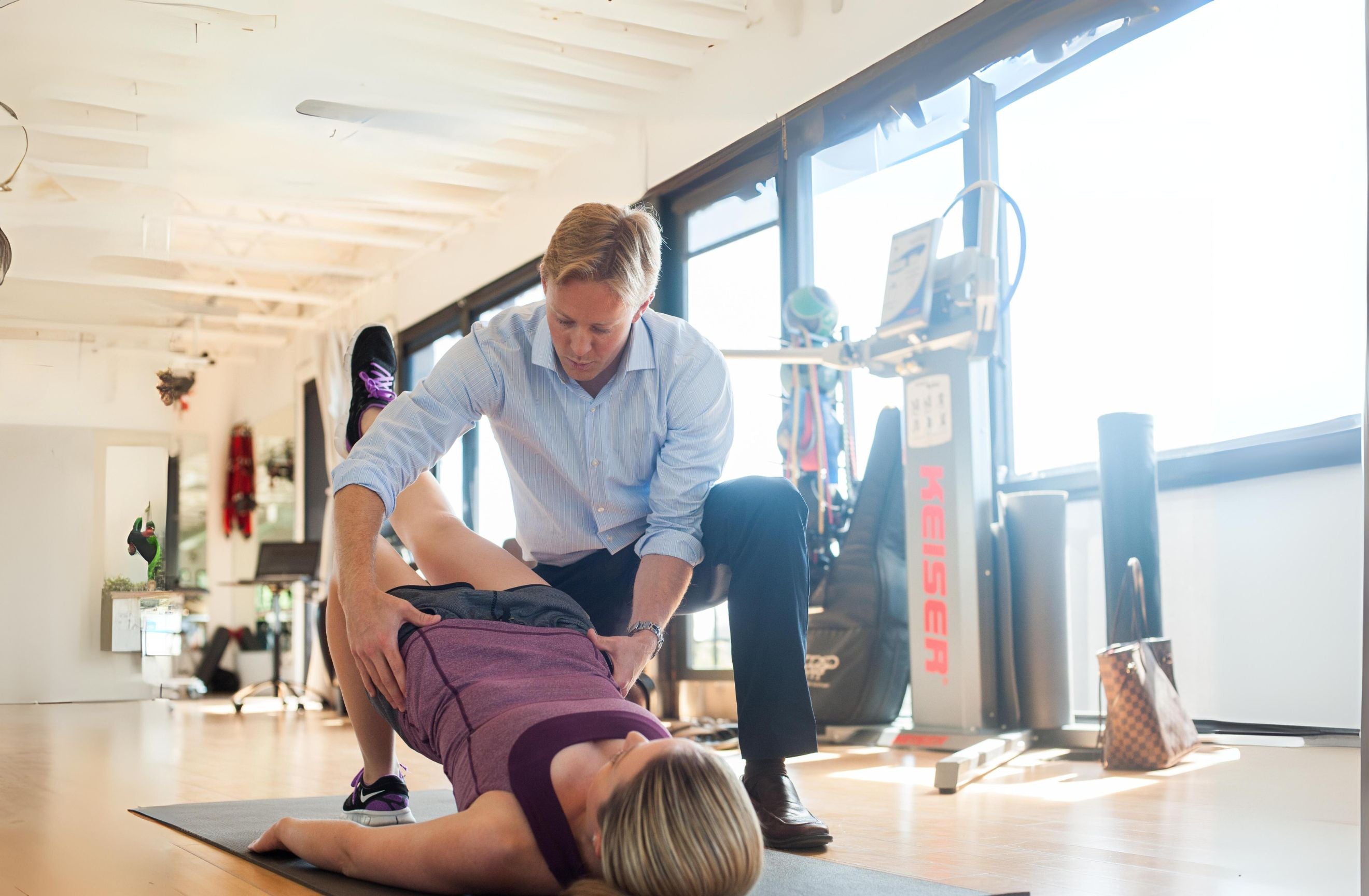

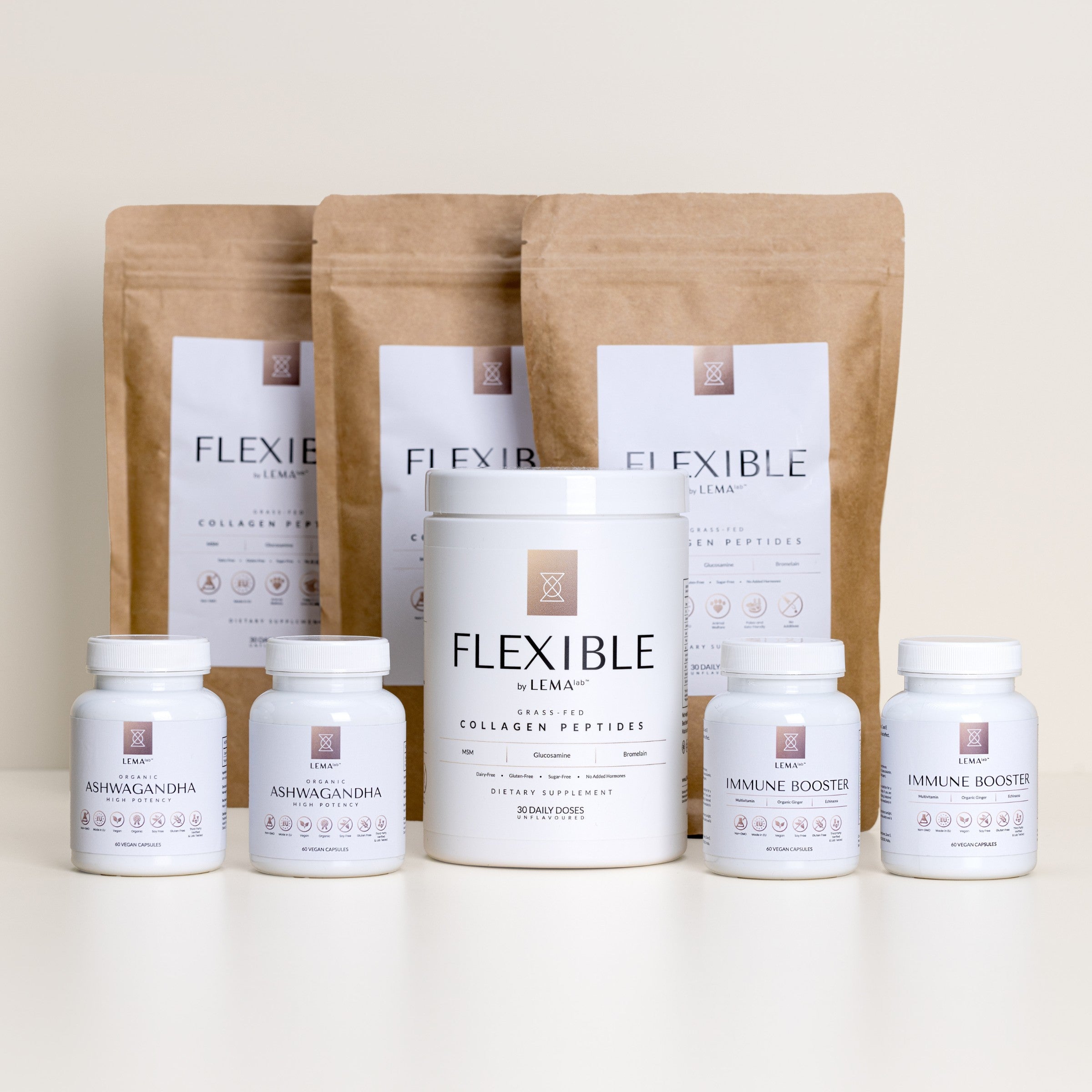
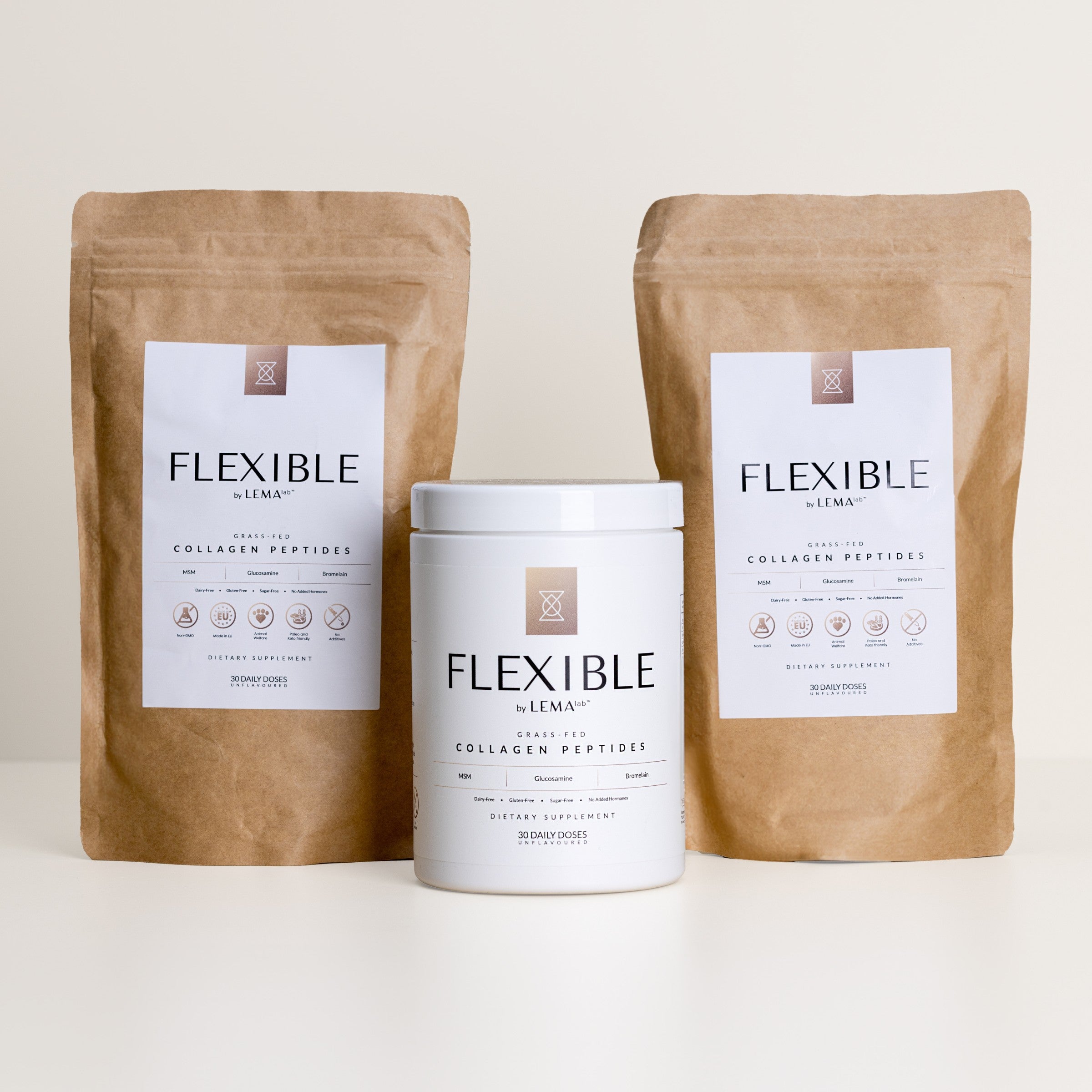
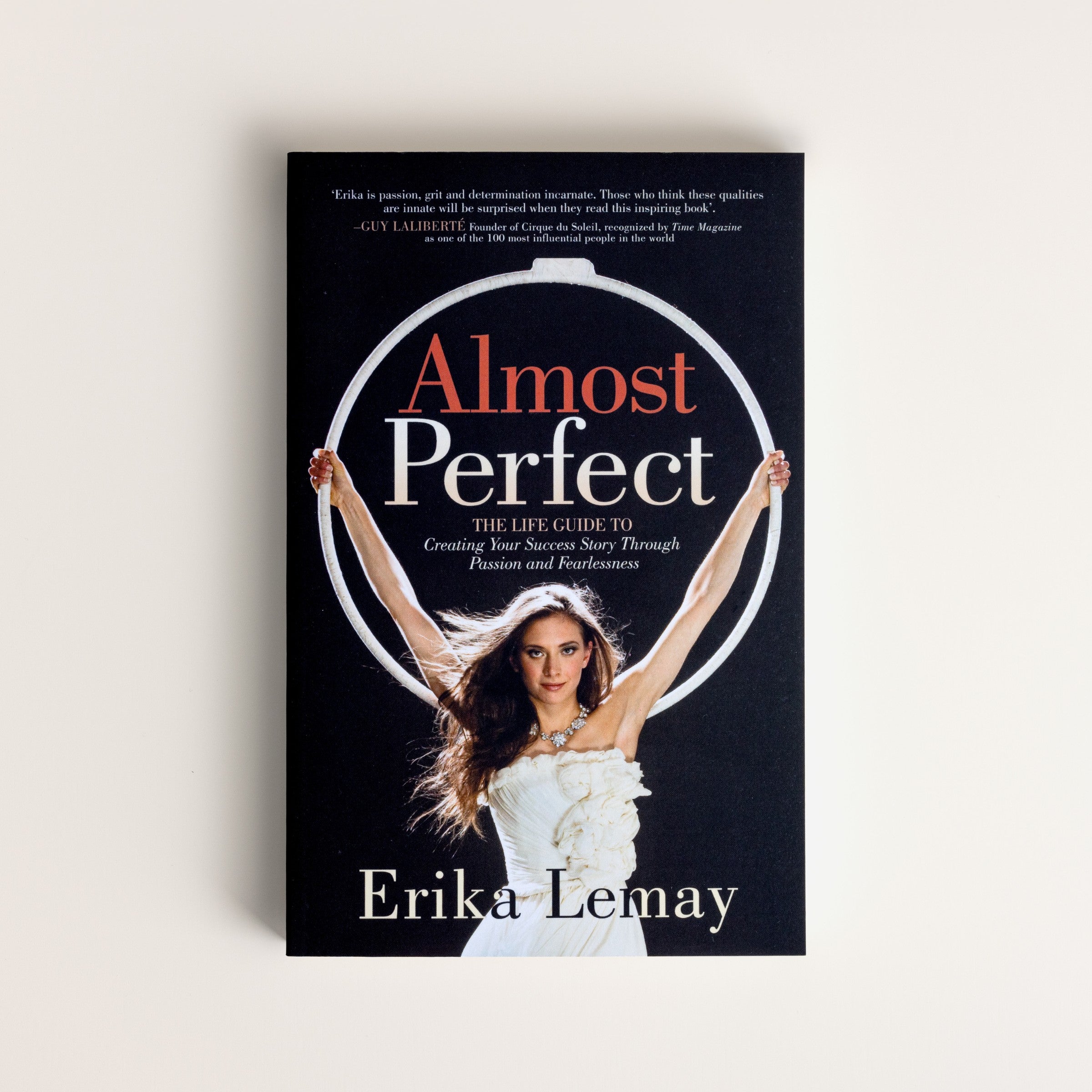
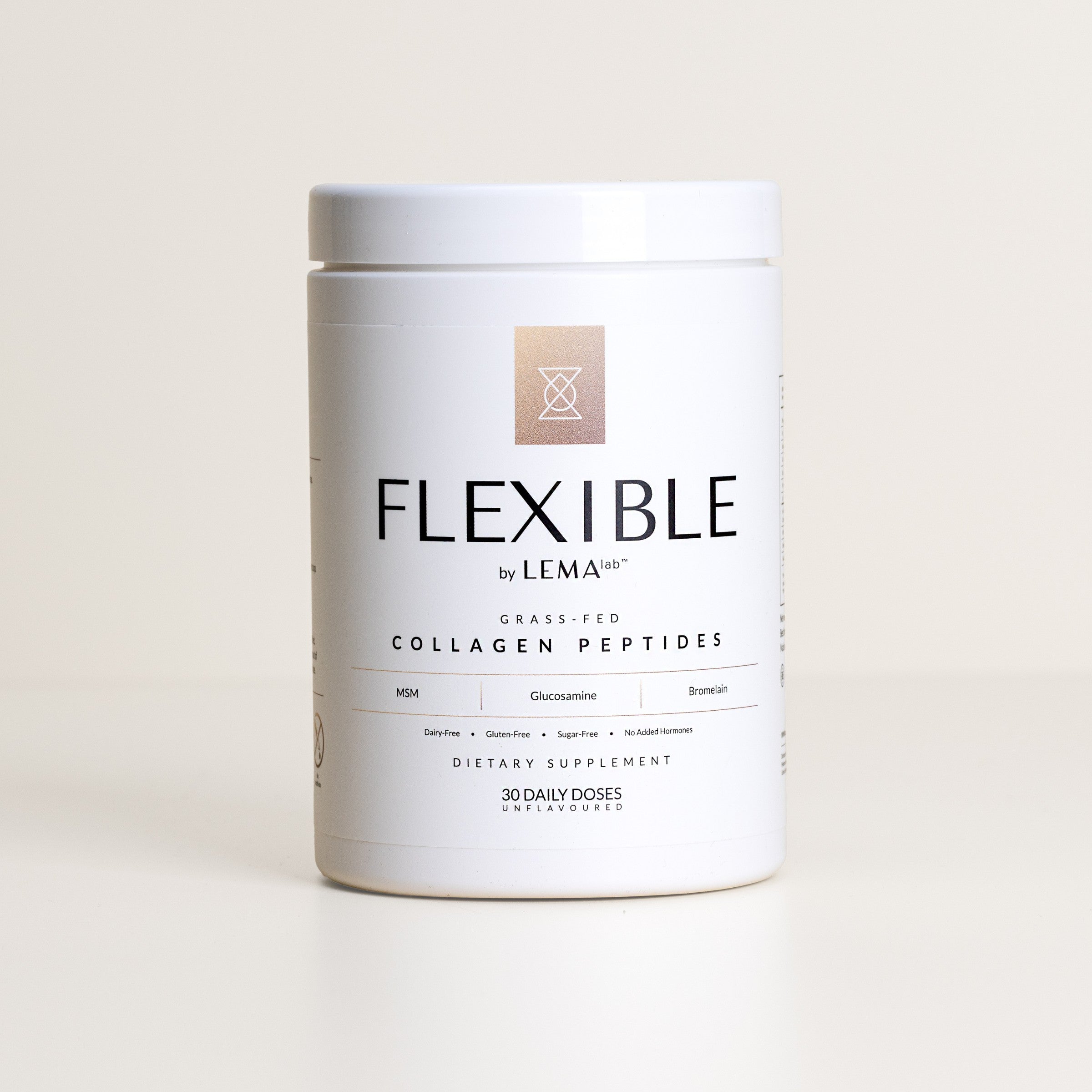
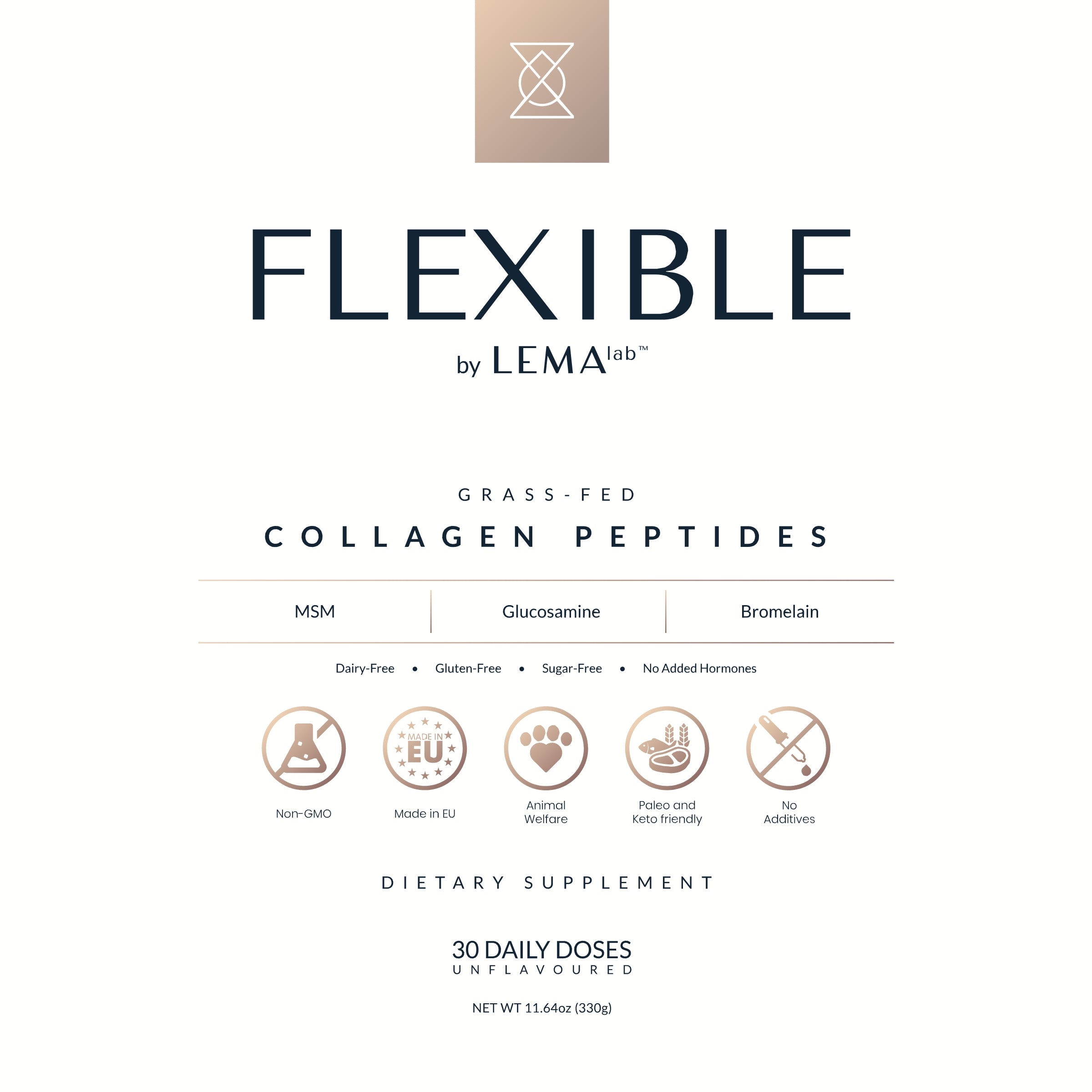
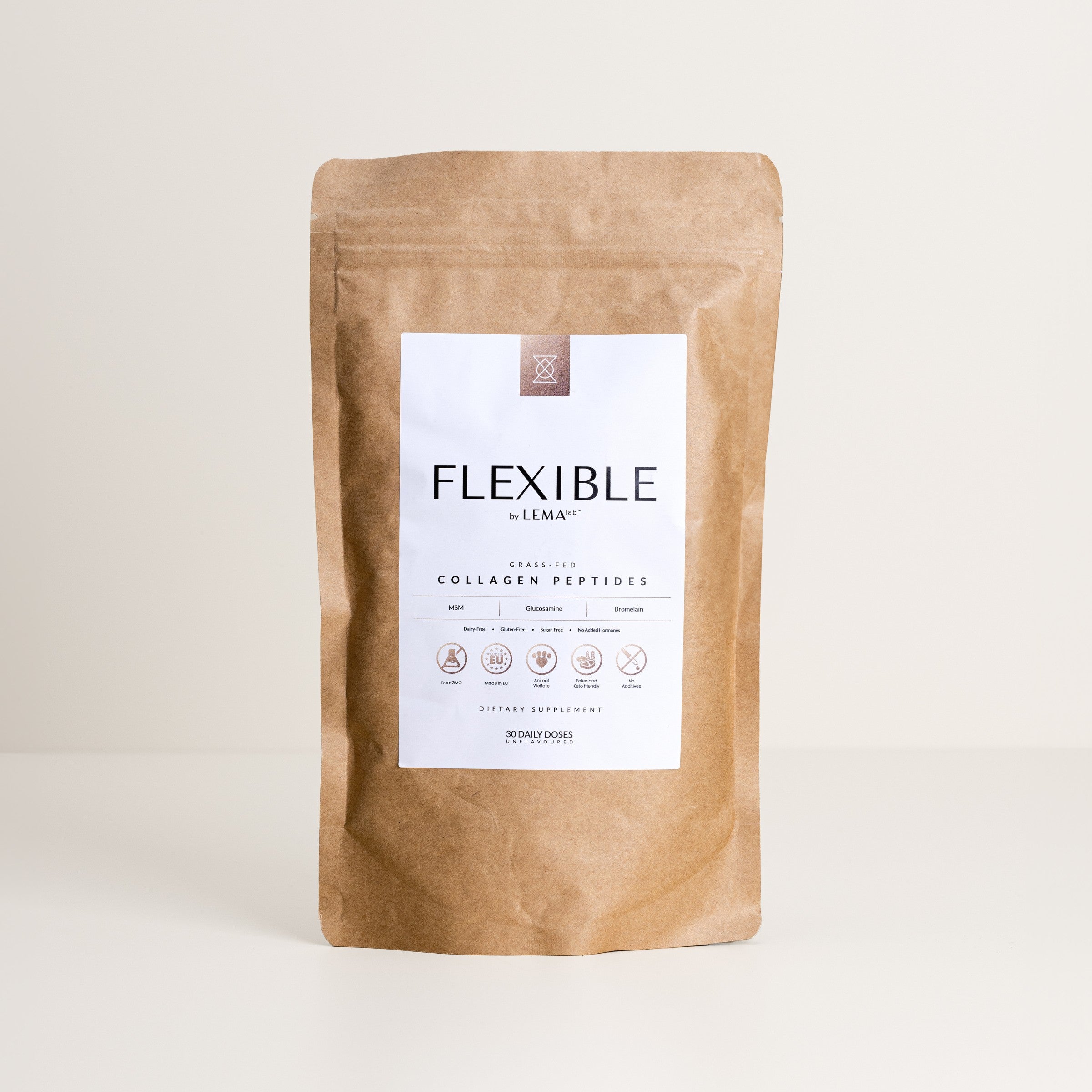
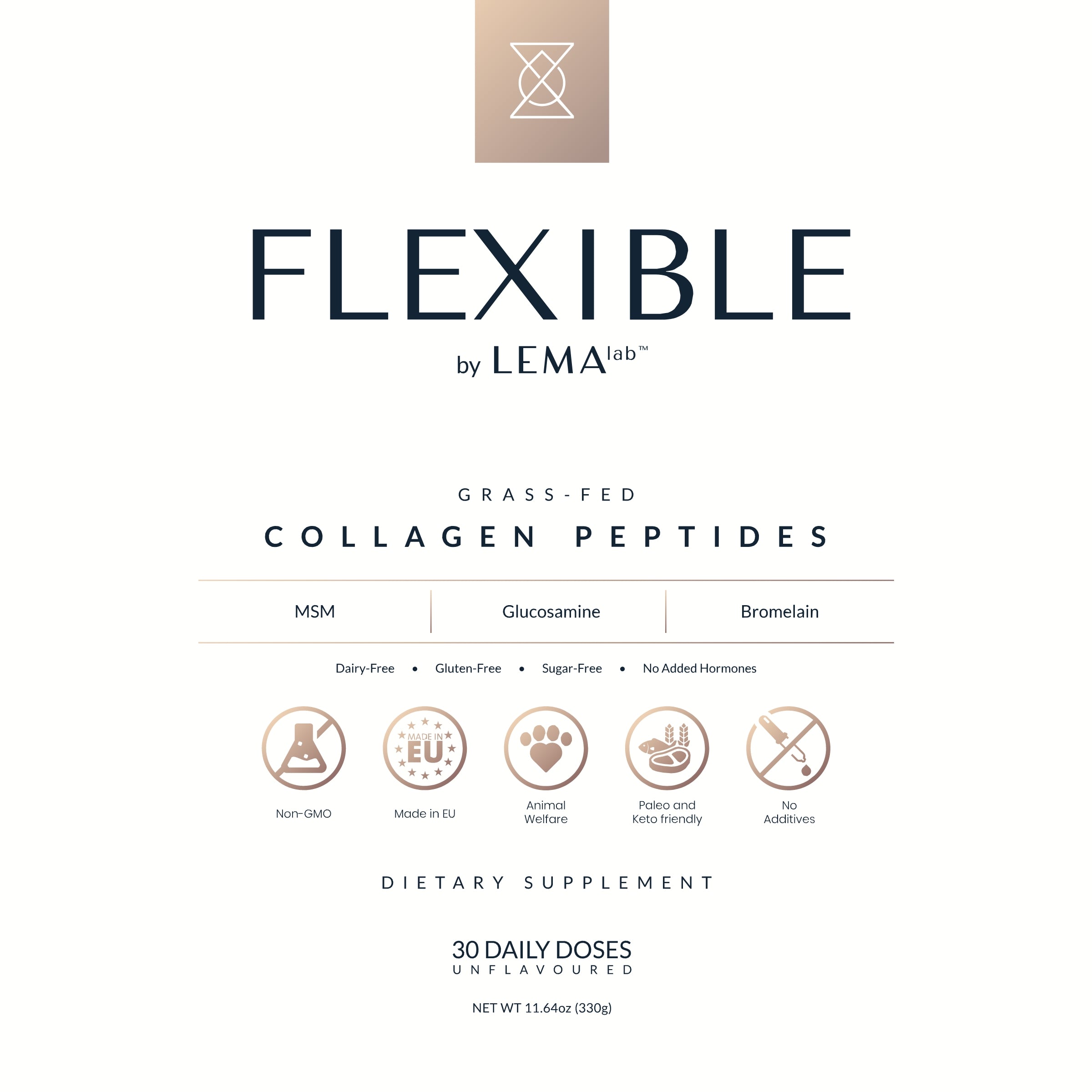
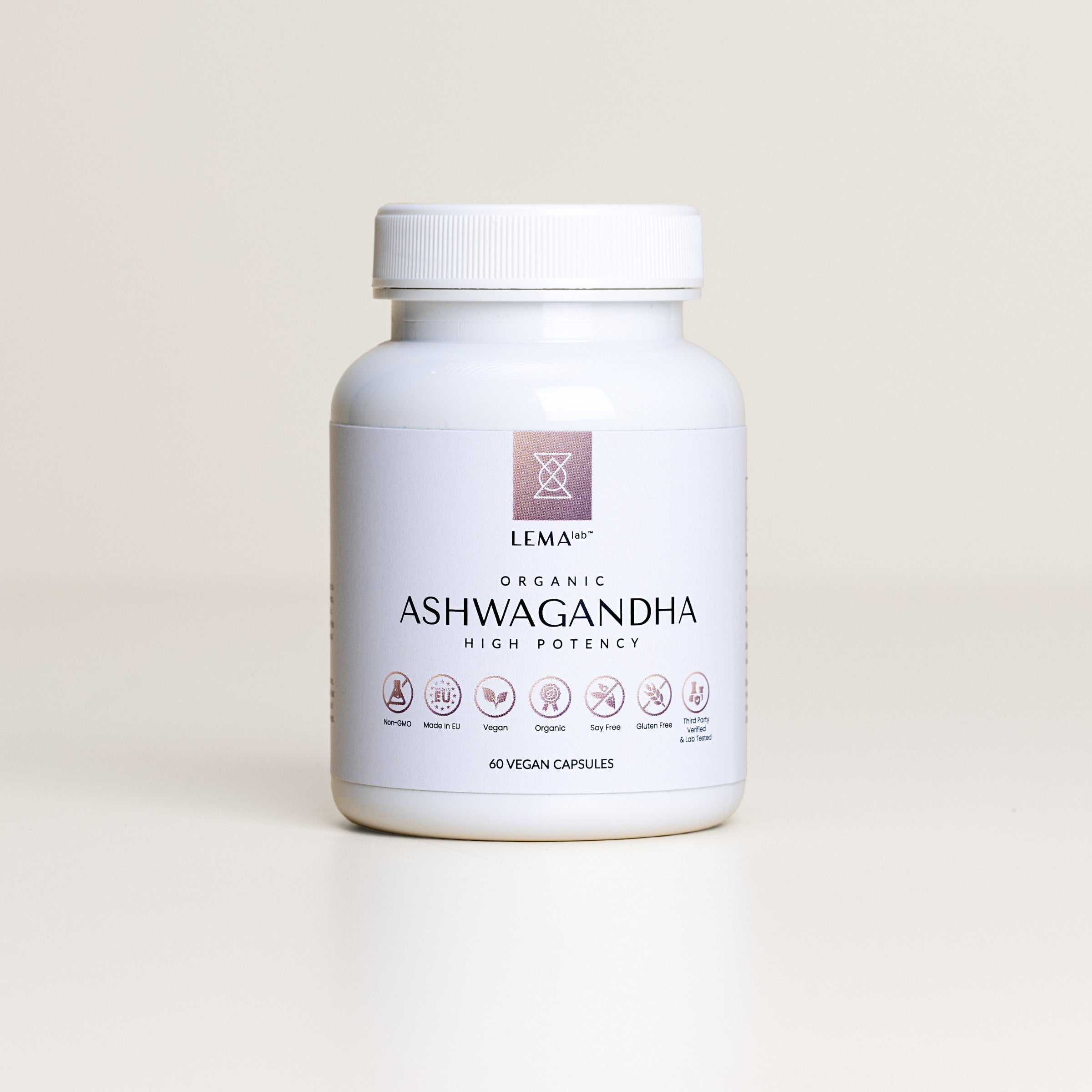

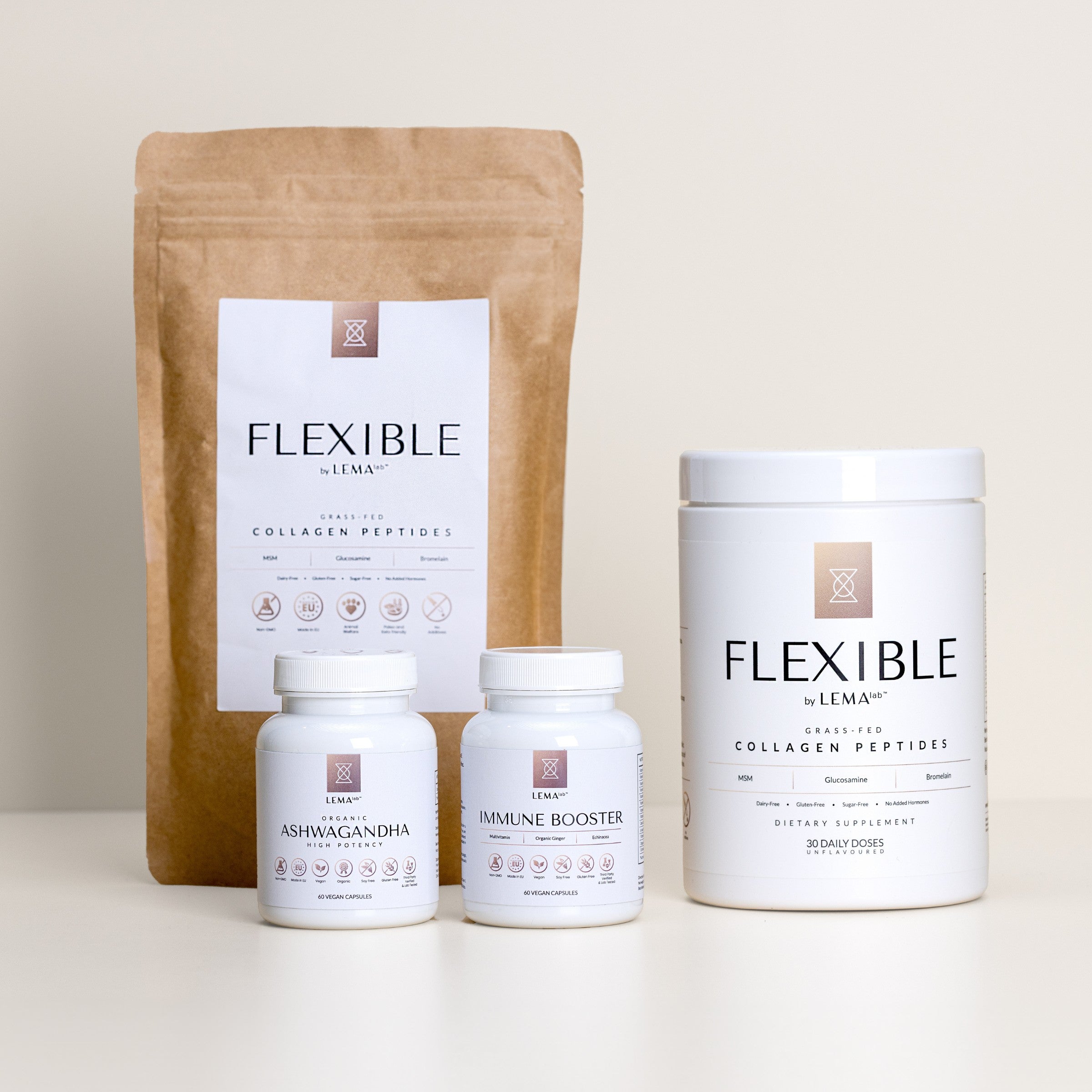
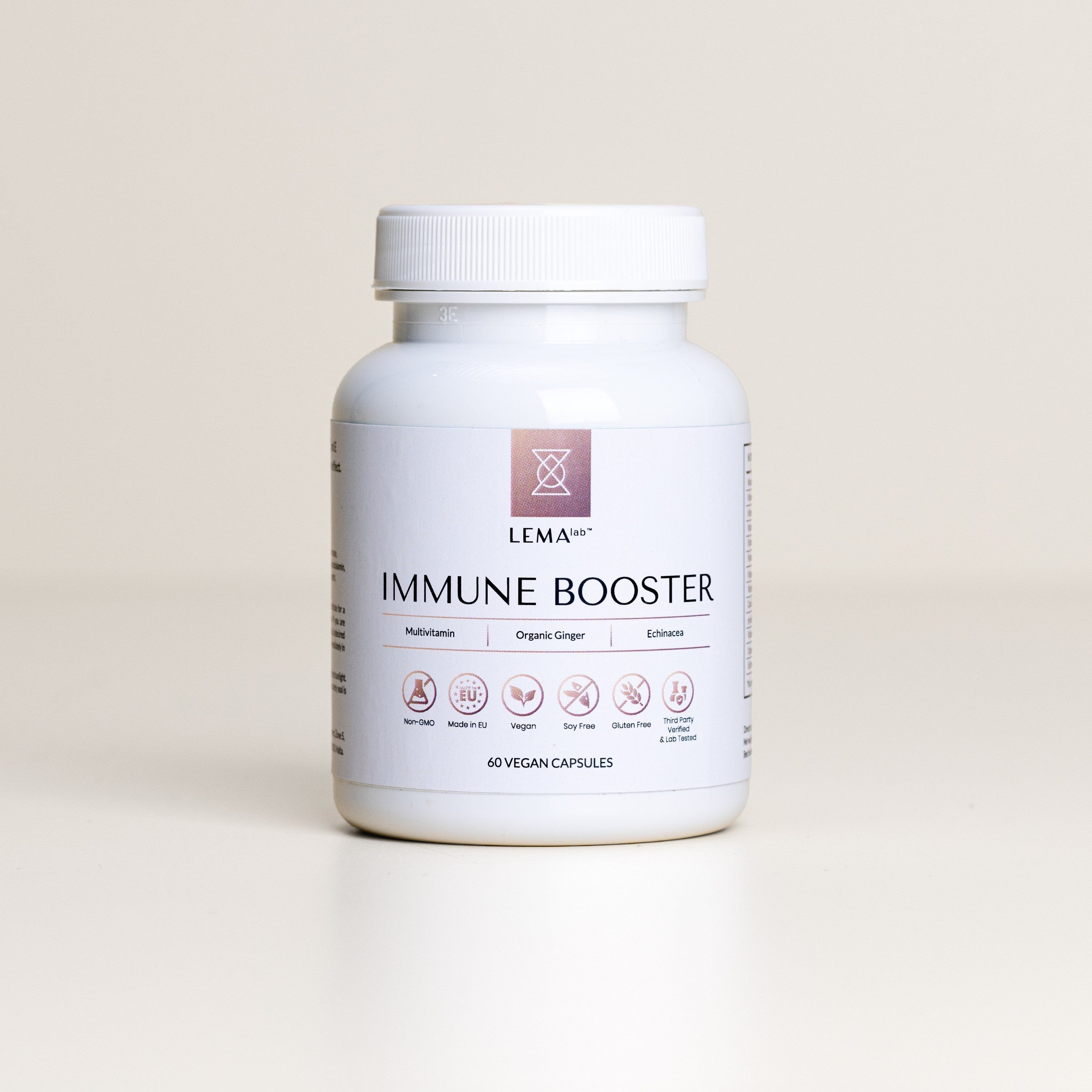

Leave a comment
This site is protected by hCaptcha and the hCaptcha Privacy Policy and Terms of Service apply.